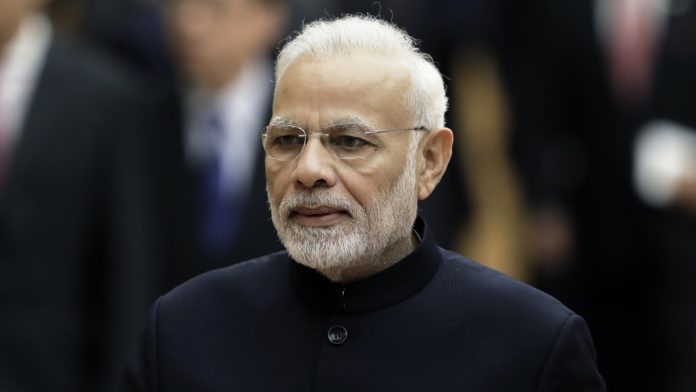NITIN PAI
If there has ever been a government that can transform India’s national security by undertaking long-pending reforms, it is this one. National security was the first subject in the BJP manifesto, which listed over a dozen measures that the Modi government would implement if it was re-elected.
The Prime Minister has appointed professional and political heavyweights to the defence, external affairs and home ministries, and upgraded the office of the NSA to cabinet level. After the Balakot strikes, there is considerable enthusiasm for defence in the public discourse (even if there is an increasing risk that television and social media will channelise this into dangerous jingoism and fetishisation of the armed forces).
I would say that a window of opportunity has opened for us to push for serious reforms and modernisation of our national security system. In the late 1990s, after Pokhran-2 and Kargil, a forward momentum started building up within the New Delhi establishment, ably led by Brajesh Mishra at the Vajpayee PMO, Jaswant Singh in the defence and external affairs ministries, and K. Subrahmanyam in the capital’s intellectual circle. After some initial successes — the publication of the Kargil Review Committee report, rapprochement with the United States and the announcement of a nuclear doctrine, for instance — the process slowed down before substantive structural reforms could be implemented.
We had committees to examine and update what previous committees had recommended, but other than post-26/11 initiatives to manage internal security, the two UPA governments didn’t have — or didn’t want to expend — political capital on national security reforms.
Cynics might point out that the Modi government’s commitment to national security reform — as distinct from national security management — is skin deep and limited to desirable headlines and photo opportunities. But if we accept this, we will hand the naysayers a self-fulfilling prophecy. The stakes are important enough for the strategic community to suspend cynicism and make the case for reform. Democratic governments need to be pressured, cajoled, nudged and criticised into doing what they say they want to do.
Like the appointment of a chief of defence staff (CDS), there are a number of items in the ‘to-do’ lists of various committees. There is also bound to be the temptation to change defence procurement rules one more time to fix the mess they’ve caused. Proposals that are already on the government’s table (or more correctly, its vast number of cupboards) are best left to the judgement of its ministers, officials and the top brass.
What needs attention of the wider community outside the corridors of power is something different and fundamental. India has yet to answer questions such as ‘what do we mean by national security?’ Simple as the question might appear, it is perhaps the most profound question out there, the answer to which concerns how upwards of 4 per cent of GDP is spent. It involves entire industries, thousands of firms and millions of jobs. Above all, it means to what extent the people of India get to enjoy life, freedom and prosperity.
The Modi government should promulgate India’s first national security doctrine. This can then inform the overall national security strategy and form the basis of military, diplomatic, intelligence and police forces’ planning. Budgets can then be allocated to ensure that the desired outcomes are achieved. Doing this will be a break from our current practice of allocating budgets first and then figuring out how actually to spend the money.
So, what should our national security doctrine contain? Interestingly, there seems to be a broad consensus among politicians and scholars that it is about the well-being of our people. In a 2016 document, some of India’s most insightful experts assembled under the Delhi Policy Group stated that “central to this (national security) are the citizens of India, their aspirations and the kind of society they wish to build. Simply put, the right to life, safety, and well-being of every Indian in conditions of internal and external peace should be India’s supreme objective”.
This modern formulation is a re-statement of ancient Indian wisdom. Kautilya’s Arthashastra lays down yogakshema (welfare of the people) as the state’s main policy objective. From this follow the need to defend territory, protect constitutional order, social harmony and natural resources. Since national power is the primary means to achieve these ends, it must be sufficiently accumulated.
Well, this is my answer to the national security question. There can be other formulations. What matters is that we should have an official one that concentrates minds and channels resources. Get it right and the reforms will follow.
The author is the director of the Takshashila Institution, an independent centre for research and education in public policy. Views are personal.

No comments:
Post a Comment